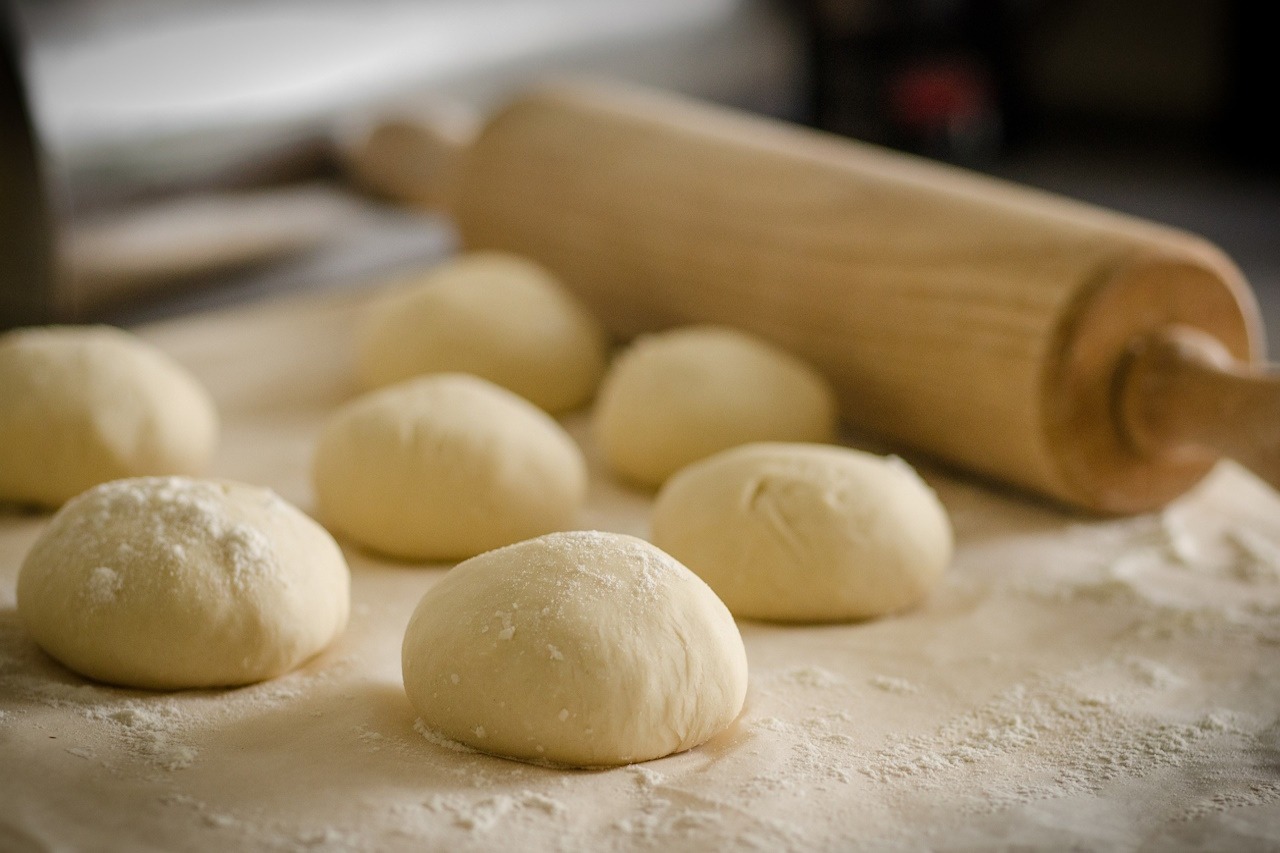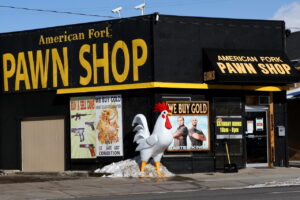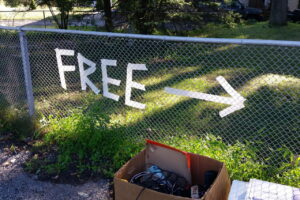1 Kings 3: 5-12 (RM in Canada and RCL) or 5, 7-12 (RM in U.S.); Psalm 119; Romans 8: 28-30 (RM) or 26-39 (RCL); Matthew 13: 44-52(RM) or 31-33, 44-52 (RCL)
Sometimes, alas, a leavening agent is not your friend.
Every once in a while my father would get it in his head to try a recipe he’d found. The beer bread was pretty good. The divinity fudge was even better, and became a staple of our Christmas cookies and candy. Replacing the juice in jars of sweet pickles with dill was a little weird. But the wine was a memorable disaster.
He’d set up a barrel of red grape juice in the cellar with whatever the recipe told him to add, and sealed the top with fabric. One day we came down and found that the grape juice had burst its bounds and was coursing out across the cement floor of the cellar. Quick clean up – using the laundry soap at hand.
The sight of a foamy purple torrent of bubbles cascading across the cellar floor was too funny for words. And needed a good deal of scrubbing to pick (most of it) up.
The wonderful image of the kin-dom of heaven as a tiny bit of leavening agent that makes a great massive amount of material swell up and rise, appears in verse 33 of Matthew 13. This is one of several parables that appear in today’s Gospel in the Revised Common Lectionary, so Protestants and Anglicans will be hearing it this weekend. In the Roman Catholic lectionary it was used last week, buried in the middle of a very long Gospel passage, almost unnoticeable.
This text deserves more respect, both because it gives us a domestic yet compelling image of the spiritual presence and power of the Holy One, but also because it presents an element of gender balance that is characteristic of Luke but not so much of Matthew.
The amount of flour in this story is pure hyperbole, used to make a point. Scholars are not certain of the equivalent but apparently it could equal between 18 and 27 kilograms (about 40-60 pounds) of flour! This would have created a huge amount of bread dough. It had to have required the work of a number of kneaders at once. So we can’t stick too closely to the literal meaning here, or say to ourselves “Oh OK, just one more analogy.” The immensity of the image defies belief.
And that was the point.
Put this together with the example that precedes it, of the tiny mustard seed that grows up with a blast into a huge bush. The smallness of the agent conceals the potential for a gigantic living thing: in the words of commentator Frederick Bruner,
“… a sudden, surprising shift from the near-invisibility of the [kin-dom] to its full grandeur and its universal, all-embracing hospitality.”
The mustard bush hosts flocks of birds. The mountains of baked bread provide nourishment for hordes of people. Hospitality indeed.
Bruner goes on to remark on the “surprising effect a small movement can have on the whole of society.” We can read this in terms of the early Christian movement, but just as easily in the social justice, ecological and church reform movements of today.
There’s no need to feel apologetic for the size of the movements, organizations or small local groups that engage in the work of reconstituting societies and cultures to eliminate prejudice, reordering economies, repairing the earth (tikkun olam), and helping the arc of history bend, however slowly, toward justice (M. L. King.) None at all.
© Susan K. Roll
Susan Roll retired from the Faculty of Theology at Saint Paul University, Ottawa, in 2018, where she served as Director of the Sophia Research Centre. Her research and publications are centred in the fields of liturgy, sacraments, and feminist theology. She holds a Ph.D. from the Catholic University of Leuven (Louvain), Belgium, and has been involved with international academic societies in liturgy and theology, as well as university chaplaincy, Indigenous ministry and church reform projects.





Thanks for your reflection. Thanks in particular for your insight about “the kin-dom of heaven as a tiny bit of leavening agent that makes a great massive amount of material swell up and rise”.
I recognize (yet again) that there is really no “small” contribution. Everything effects everything else in the interconnected universe in which we live.